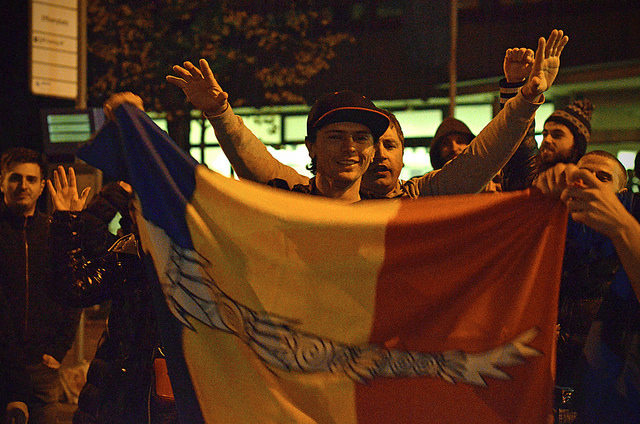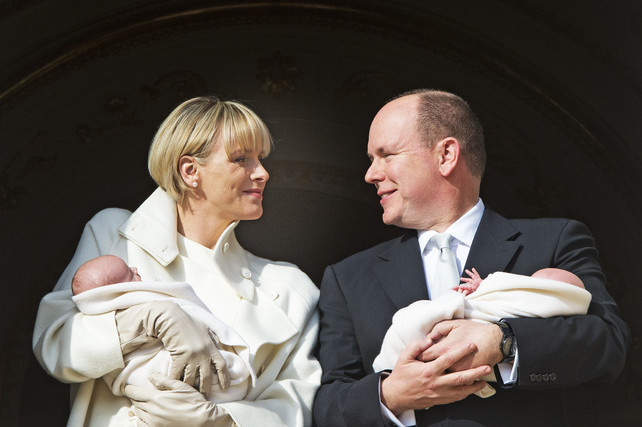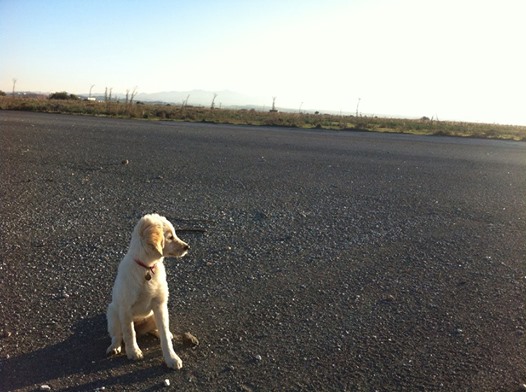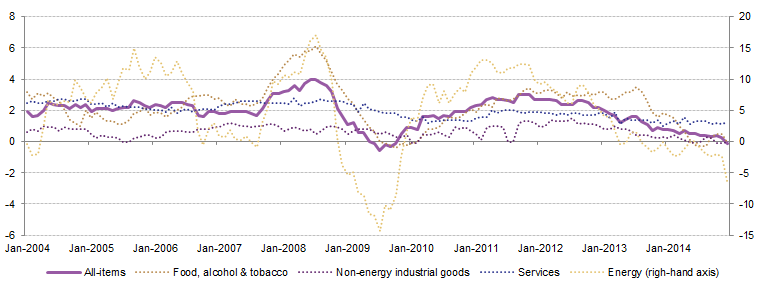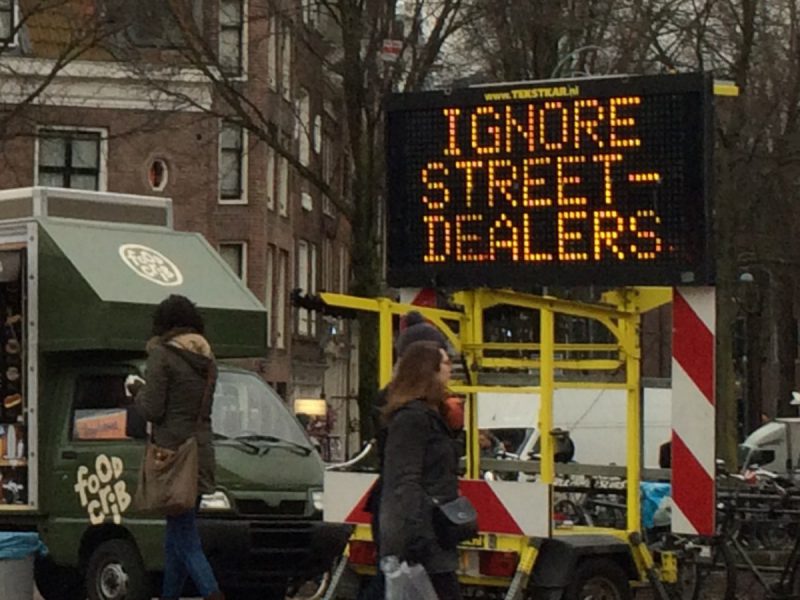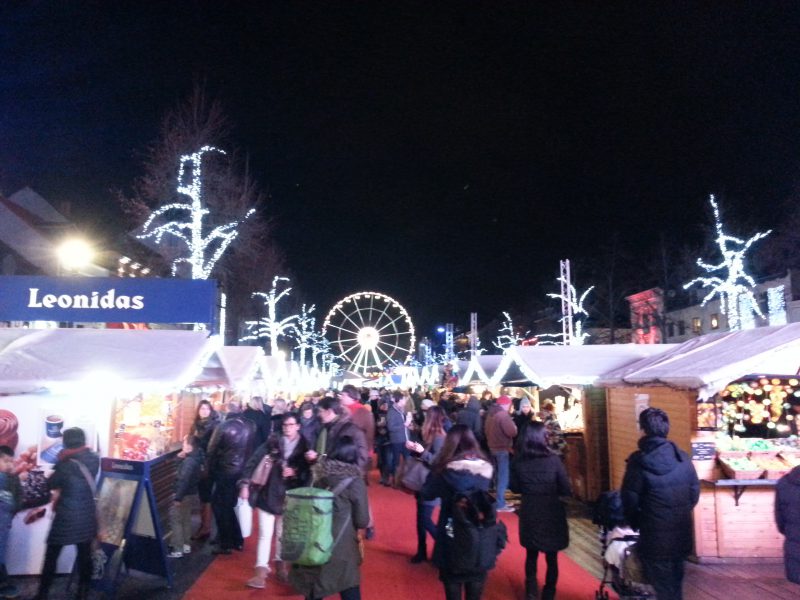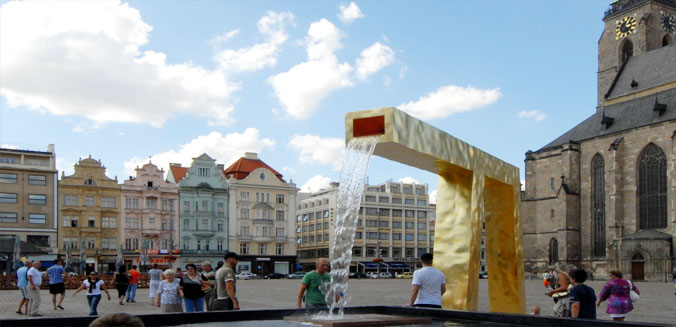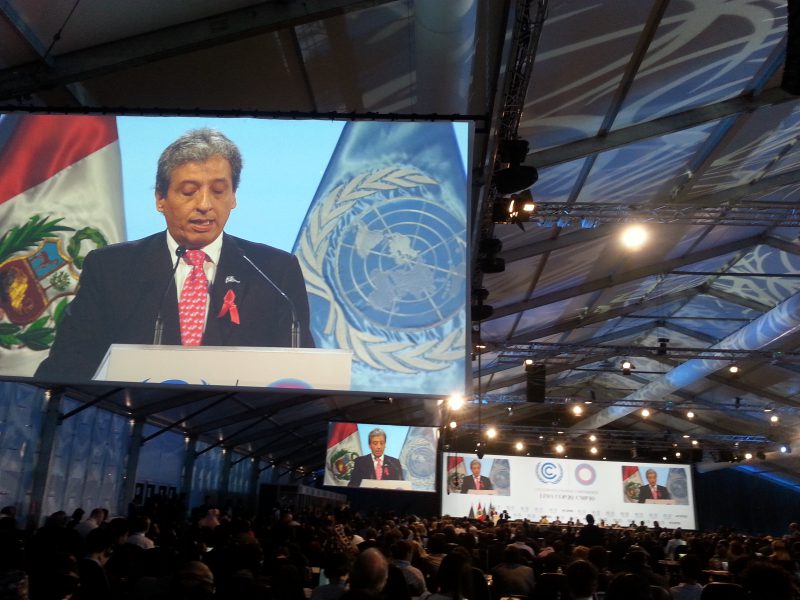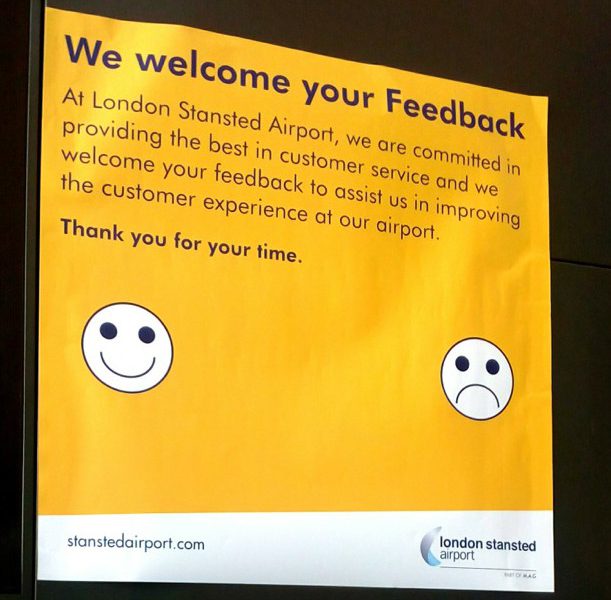Romania: abandoning communism’s remnants
I voted in the last presidential election just a few weeks ago. Yet still, when I gave my identity card to the embassy staff in Brussels I was somehow reminded of Romania’s communist legacy. “You are only half a Clujeanca, your birth place is actually Comanesti,” said the official. Indeed, I was born in the eastern part of Romania because my mother had been assigned a job there, as part of the Romanian Communist Party’s economic policies. Young professionals like her were uprooted upon finishing university, and spread around the country so that all regions would develop equally, no matter their local specificities.

